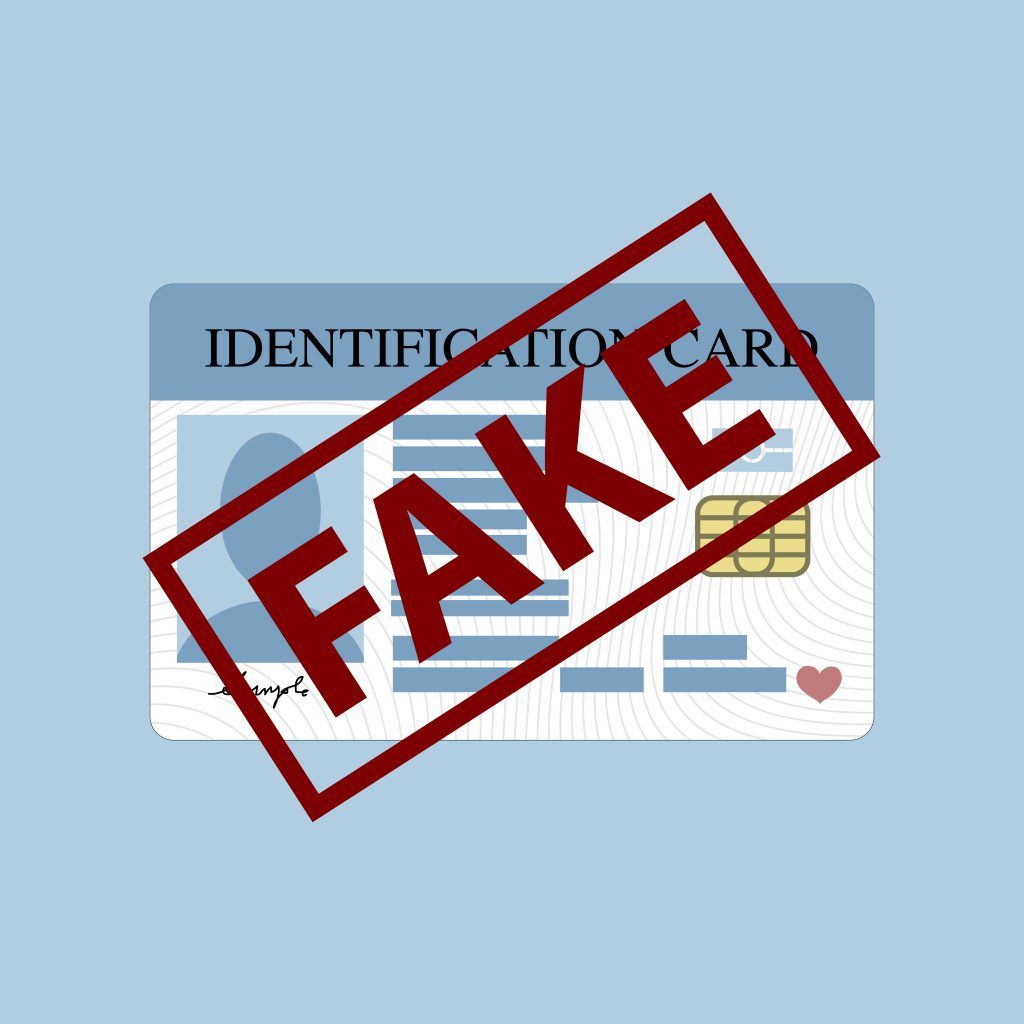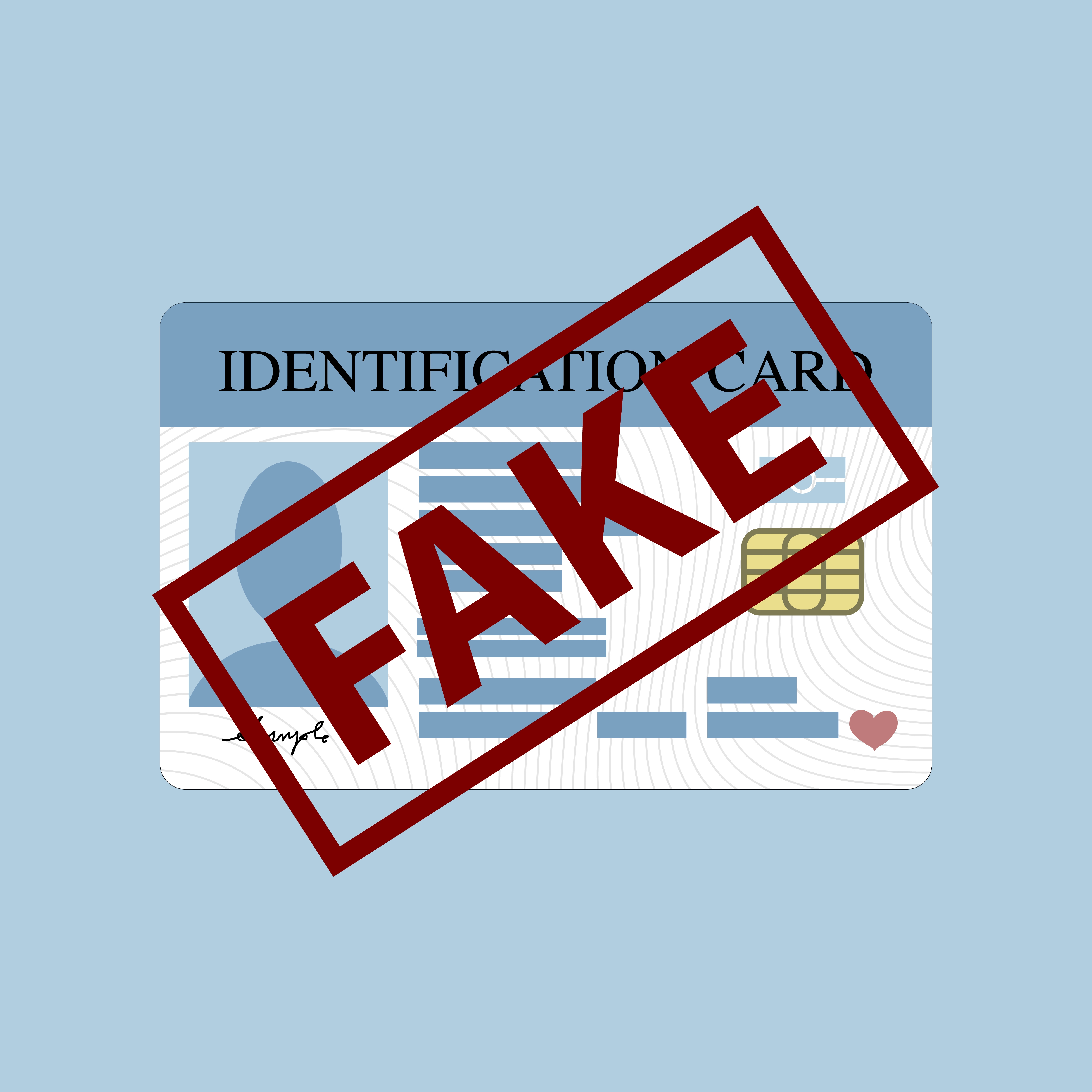Identity theft is one of the most common and widespread crimes occurring in the modern era. Masquerading as someone else might be fun to do on Halloween, but if you do it in order to obtain a benefit or harm another person, you can be convicted of a serious crime. Make sure you are familiar with what constitutes identity theft as well as the various penalties associated with it.
If you ever get arrested for identity theft, contact an experienced NJ criminal defense attorney immediately.
What is Identity Theft?
New Jersey recognizes give general forms of identity theft. Under N.J.S.A. 2C:21-17, if you impersonate another individual (or assume a false identity) and do an act while pretending to be that assumed character (or with that false identity) for the purpose of obtaining a benefit for yourself or others or to injure or defraud others, you can be convicted of identity theft.
Additionally, if you pretend to be a representative of some person or organization and do an act while pretending to be that supposed representative for the purpose of obtaining a benefit for yourself or others or to injure or defraud others, you can be convicted of identity theft.
Likewise, if you impersonate another individual, assume a false identity, or make a false or misleading statement about the identity of any person in an oral or written application for services for the purpose of obtaining those services, you can be convicted of identity theft.
Most importantly, if you obtain personal information relating to someone else and use it (or help another person use it) in order to assume the identity of or represent yourself as another person when you do not have his authorization to do so (and you are doing this with the purpose of fraudulently obtaining a benefit or service or avoiding the payment of a legal obligation), you could also be convicted of identity theft.
Lastly, you can be convicted if you impersonate another individual, assume a false identity, or make a false or misleading statement in the course of making an oral or written application for services when you intend to avoid paying for the service.
All of these may seem a bit complicated, but they really boil down to a few things:
- Pretending to Be Someone You are Not
- Using Personal Information That is Not Yours
- Doing these two things in order to get a benefit (either for yourself or someone else) or to harm someone else
Remember, possessing a fake ID and trying to use it in order to get into a bar will quite likely count as identity theft in New Jersey. Think about it: you are pretending to be someone you are not (viz. the person on the ID) in order to get a benefit that you cannot legally obtain (viz. alcohol).

Penalties and Fines
The penalty for identity theft is directly related to the monetary value of the benefit or deprivation it causes.
- If you obtained a benefit or deprived another person of a benefit that was worth $75,000 or more, you can be guilty of a second degree crime.
- If you obtained a benefit or deprived another person of a benefit that was worth less than $75,000 but more than $500, you can be guilty of a third degree crime.
- If you obtained a benefit or deprived another person of a benefit that was worth less than $500, you can be guilty of a fourth degree crime.
However, if it is your second time being arrested for identity theft relating to a benefit or deprivation valued at less than $500, you can be guilty of a third degree crime.
Who Should I Contact?
If you or a loved one has been charged with identity theft in NJ, contact Adam H. Rosenblum of Rosenblum Law today. His team of New Jersey criminal defense attorneys will do what they can in order to protect your legal rights and fight to keep you out of prison. E-mail or call today at 888-815-3649.






 888-815-3649
888-815-3649
